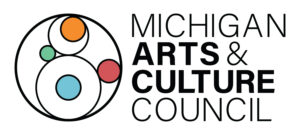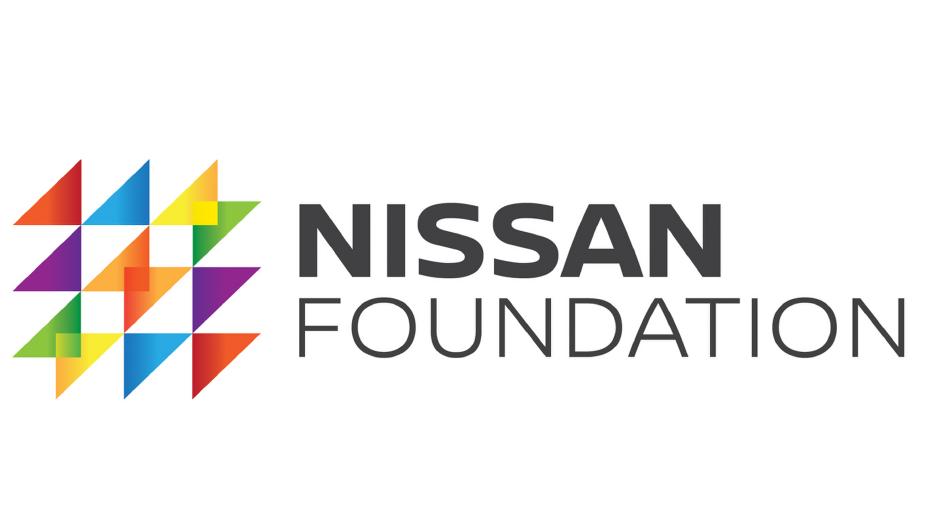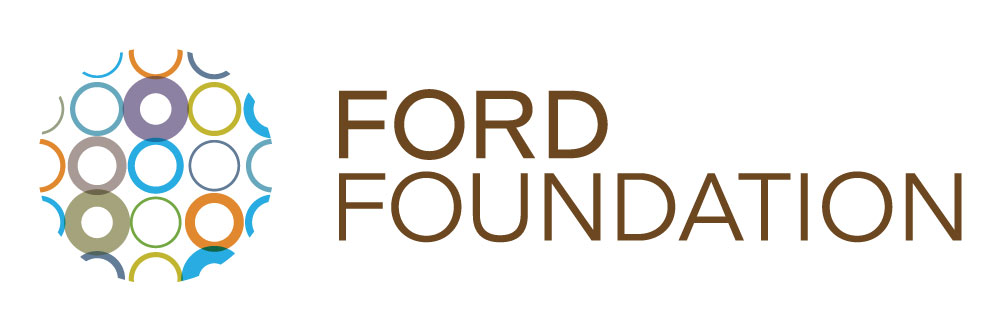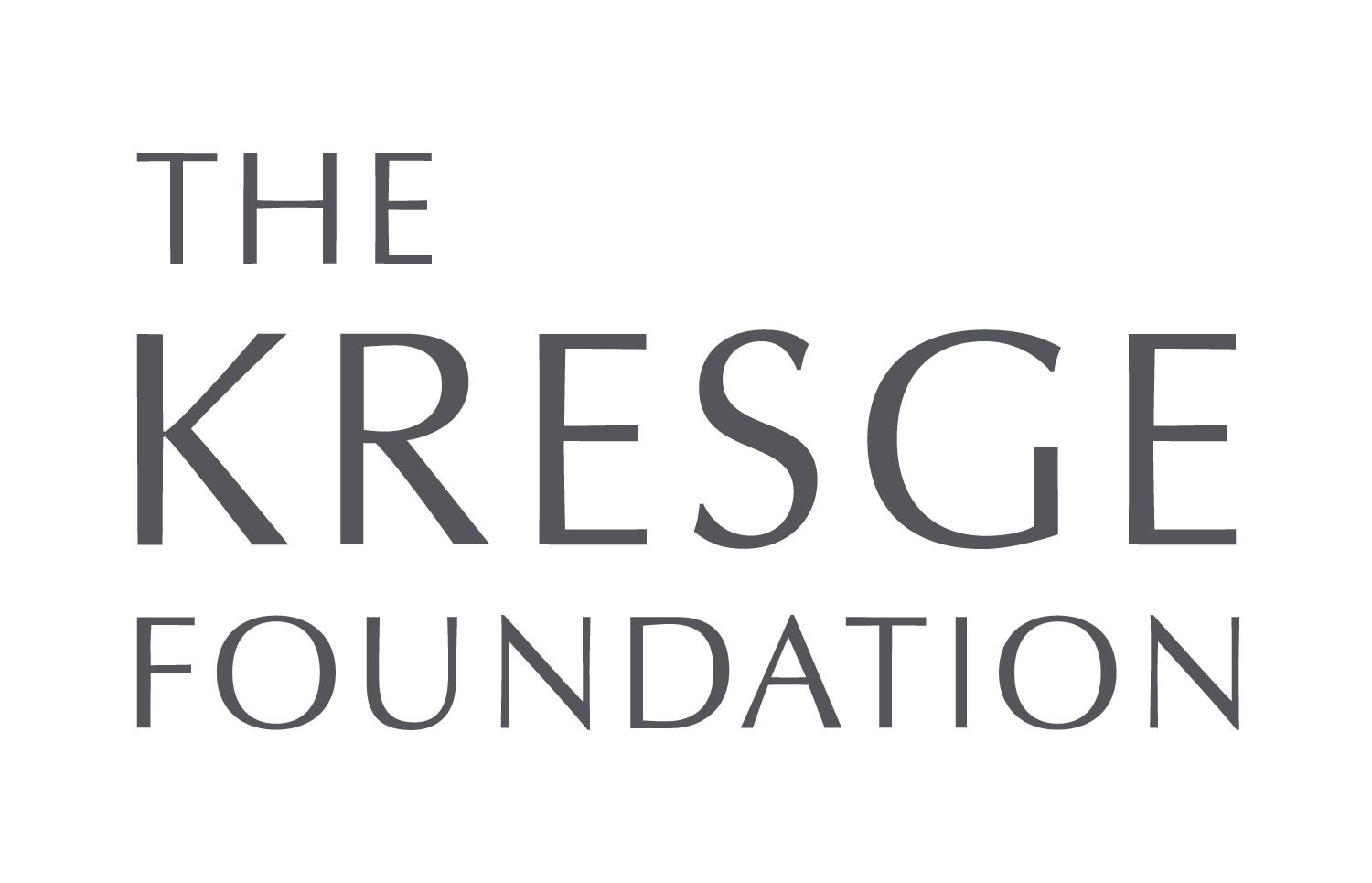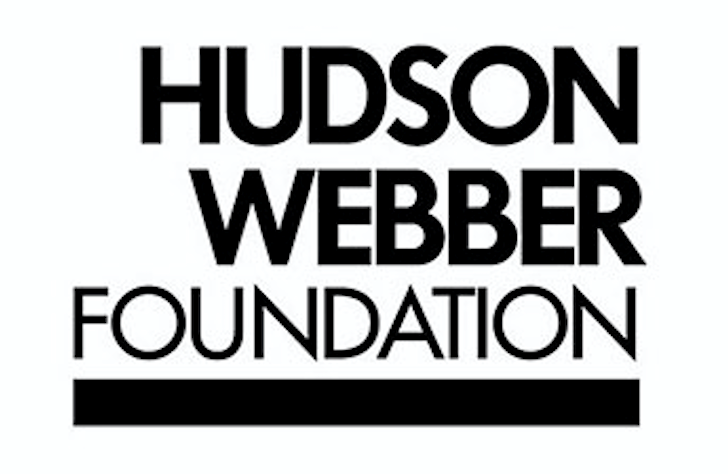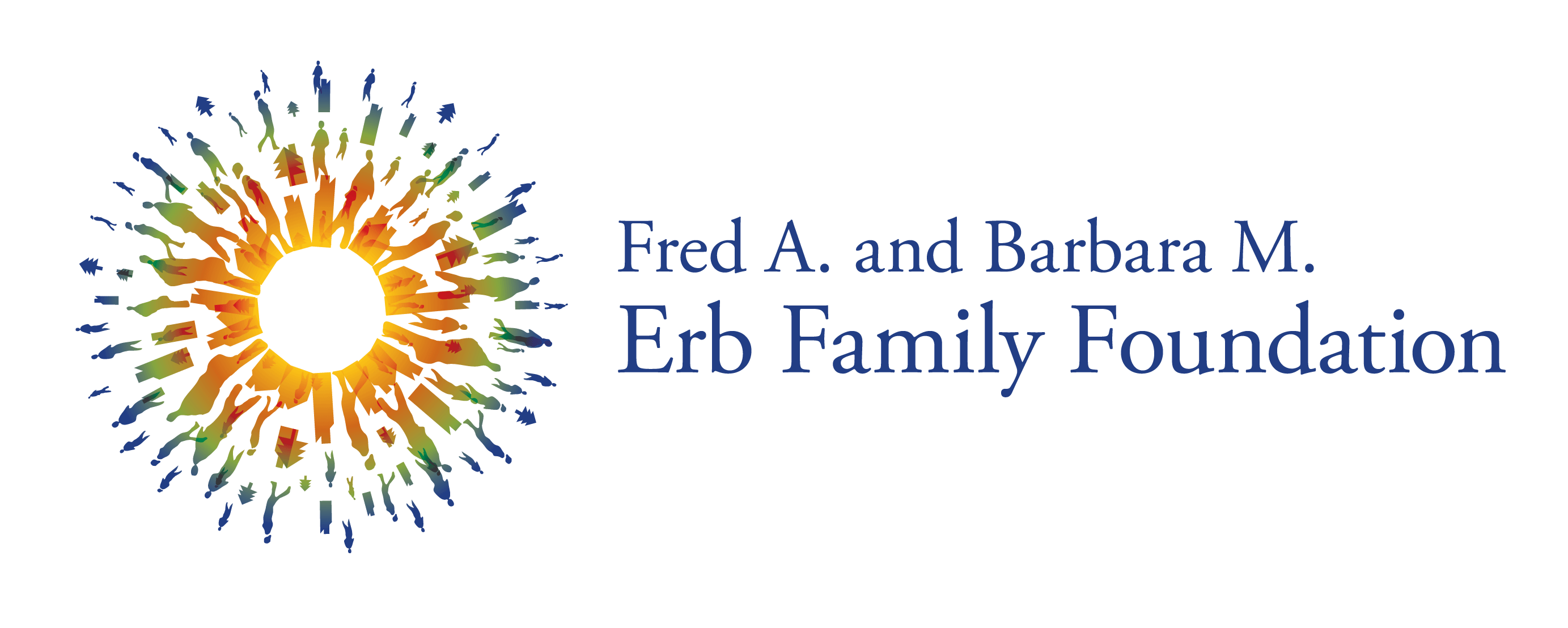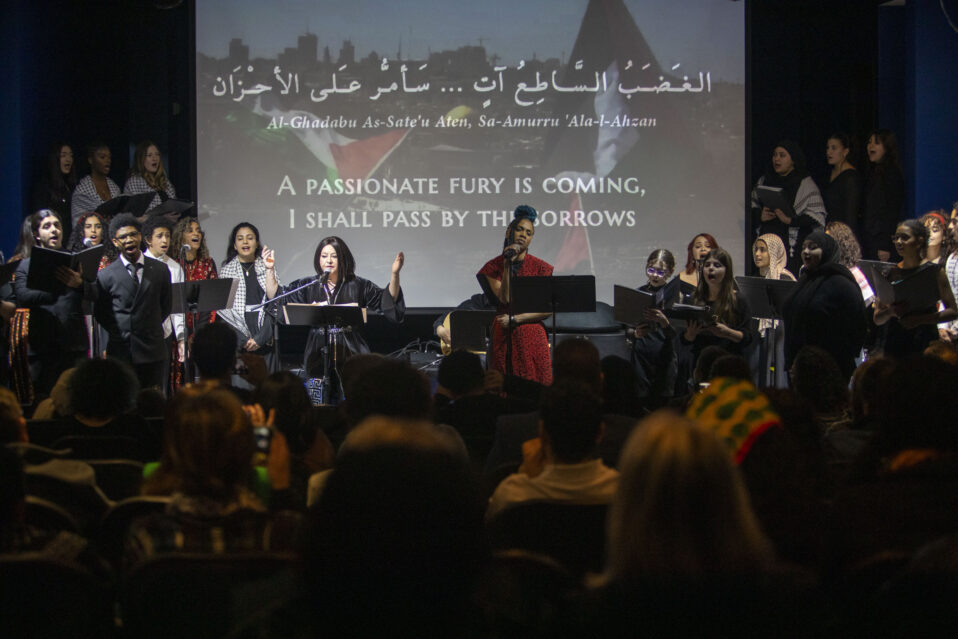12-7 p.m. Friday, Nov. 22 – Sunday, Nov. 24, 2024
Arab American Community Choir – AUDITIONS
CALL FOR AUDITIONS – SIGN UP HERE
Do you love to sing in Arabic? We’re looking for passionate voices to join the Arab American Community Choir! Whether you’re a seasoned singer or an enthusiastic beginner, Arabic speaker or willing learner, we welcome everyone 18 years and older to try out.
Prepare a short song to showcase your voice. Sign up for an audition slot using this Calendly link. Together, we’ll create beautiful music and build a vibrant community.
About the Arab American Community Choir
The Arab American National Museum in collaboration with the National Arab Orchestra and world-renowned opera singer, Lubana Al-Quntar, bring you the nation’s first Arab American Community Choir. This high-quality choir and music programming invites our local communities to participate in, and contribute to, our rich and diverse Arab heritage while developing greater appreciation for Arab and Arab American arts and culture.
About the Artist
 Lubana Al-Quntar comes from a Syrian family that is deeply rooted in classical Arabic music. She is related to singer/actress Amal Al Atrash (known by her stage name, Asmahan) and her brother, renowned composer and singer Farid Al Atrash. These connections influenced her musical path and played an important role in her decision to seek a career as a professional singer. Born in Syria, she began singing at an early age and had an unusual gift for singing challenging sung poetry from childhood. Today Lubana performs a wide a range of repertoire within the Arab music canon which include music from the classical, contemporary, folk, and pop genres. Her expressive voice allows her to add luster and richness to the various singing styles. In addition to traditional Arab song, Lubana studied opera and became the first Syrian opera singer to attain international recognition, as she appeared in concerts throughout Europe. She returned to Syria to head the Department of Opera Singing and launched the Department of Classical Arabic Singing at the Syrian National Conservatory. This was a ground-breaking event because, for the first time, students could study both operatic and traditional singing at an accredited institution. She established the Arabic Music Singing Ensemble that performed across the Middle East. She came to the United States in 2012 and has since performed in numerous venues across the country in addition to her European performances.
Lubana Al-Quntar comes from a Syrian family that is deeply rooted in classical Arabic music. She is related to singer/actress Amal Al Atrash (known by her stage name, Asmahan) and her brother, renowned composer and singer Farid Al Atrash. These connections influenced her musical path and played an important role in her decision to seek a career as a professional singer. Born in Syria, she began singing at an early age and had an unusual gift for singing challenging sung poetry from childhood. Today Lubana performs a wide a range of repertoire within the Arab music canon which include music from the classical, contemporary, folk, and pop genres. Her expressive voice allows her to add luster and richness to the various singing styles. In addition to traditional Arab song, Lubana studied opera and became the first Syrian opera singer to attain international recognition, as she appeared in concerts throughout Europe. She returned to Syria to head the Department of Opera Singing and launched the Department of Classical Arabic Singing at the Syrian National Conservatory. This was a ground-breaking event because, for the first time, students could study both operatic and traditional singing at an accredited institution. She established the Arabic Music Singing Ensemble that performed across the Middle East. She came to the United States in 2012 and has since performed in numerous venues across the country in addition to her European performances.
For questions, e-mail Rewa Zeinati at [email protected]
Made possible in part by


